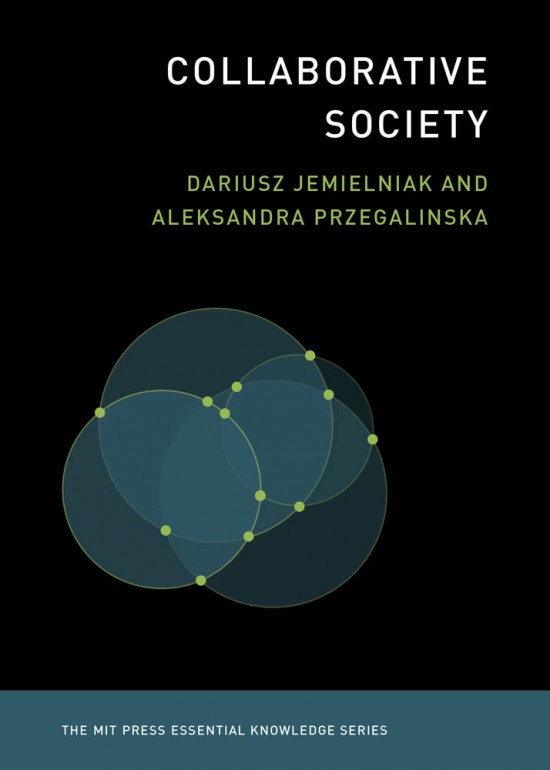Abstract
The MIT Press Essential Knowledge series provide the reader with accessible, concise, yet interesting and completely up-to-date information. (Some examples: Neuroplasticity, Critical Thinking, Anticorruption etc.) Each part was written by excellent experts on the subject, in a language understood by non-experts, too. In this way, the current research data and results in the field of each
topic can be really used. Nowadays, it is not easy to find in the endless set of information obtainable on the World Wide Web those that essentially provide the fundamental knowledge on a particular topic. The MIT series fill a gap in this. The topic of the present volume of the series is the Collaborative Society by Dariusz Jemielnaiak & Aleksandra Przegalinska. And where does human cooperation come from? ‘Being collaborative distinguishes us as human even more than our opposable thumbs; the drive to cooperate significantly sets us apart from chimpanzees, our closest cousins in terms of DNA similarity, and this difference is already visible in young children. In fact, cooperation with nonkin, so typical for humans, is relatively rare in the animal kingdom.’ (Jemielnaiak & Przegalinska, 2020). Whether new technologies, for example online communication tools, help to develop a more positive and stronger human cooperation or amplify the currently existing social differences? The authors examine these key important questions.

